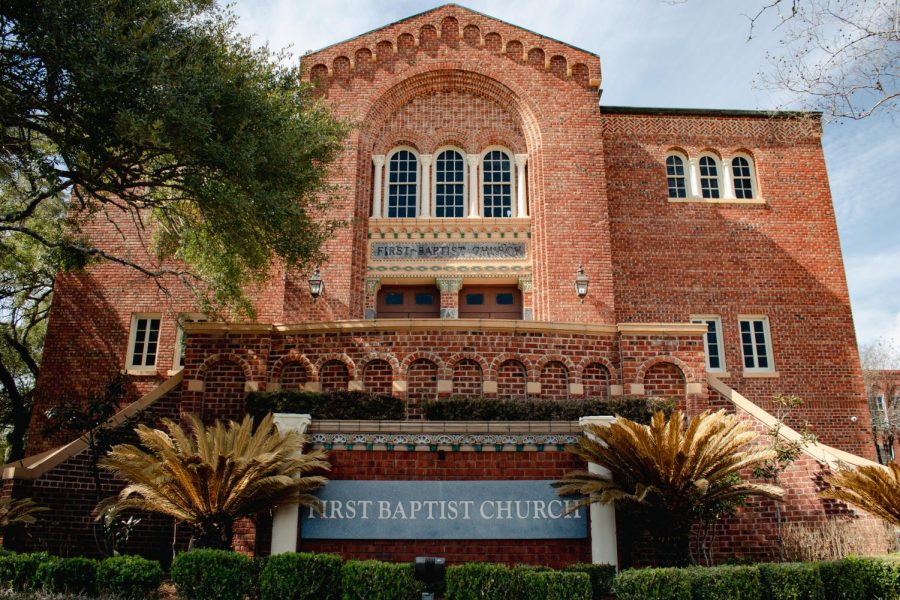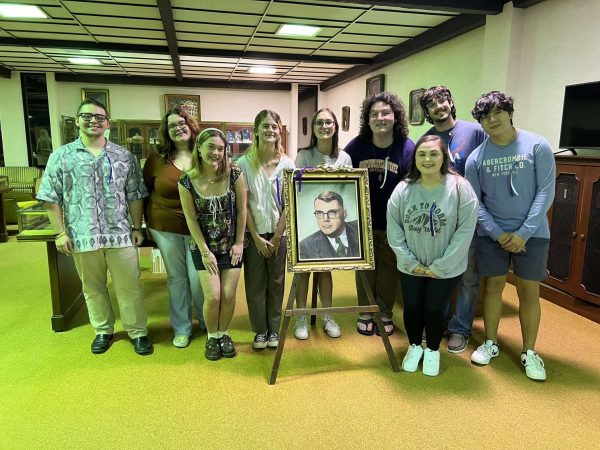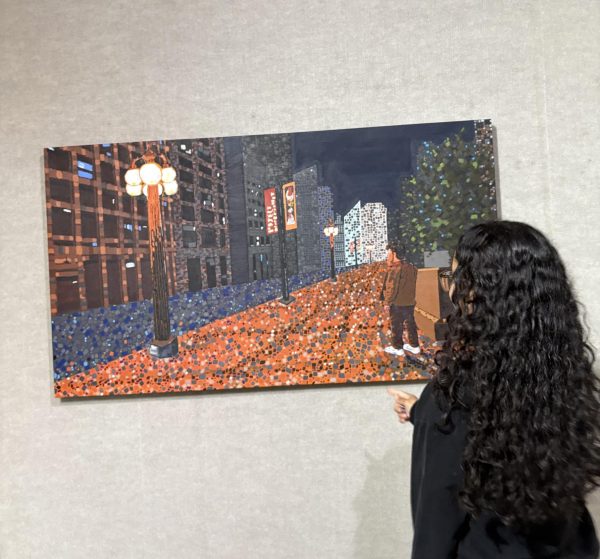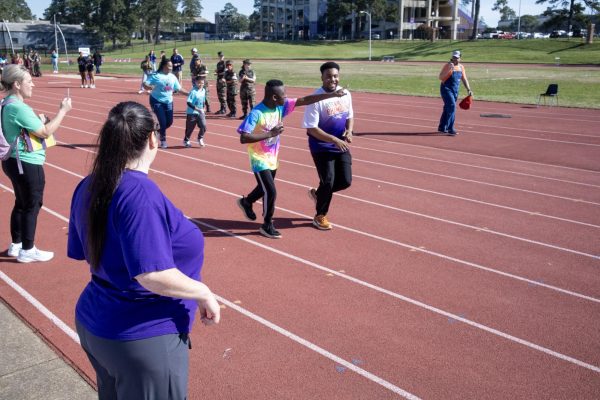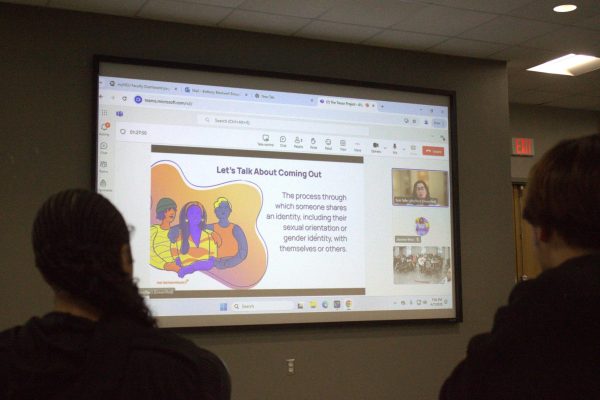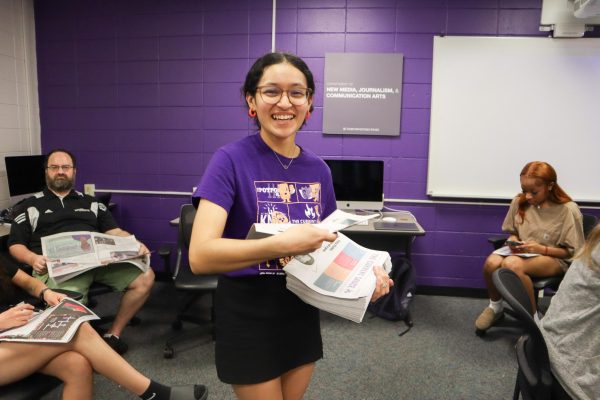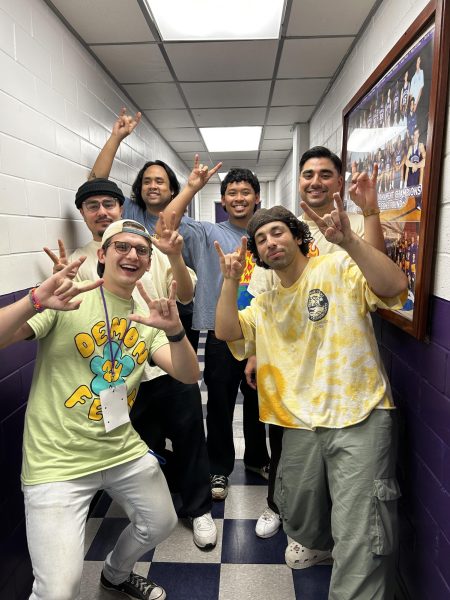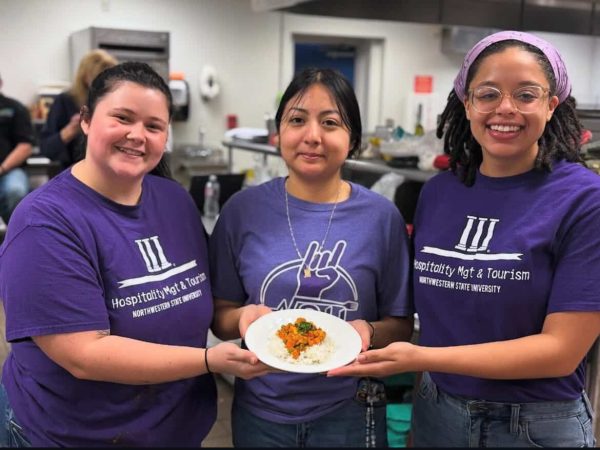NSU hosts Inclusive Coaching Seminar Series: Spirituality and Religion
Given that Christianity is statistically the most predominant religion in the United States and in Louisiana, a larger portion of time was spent on some of the many denominations of Christianity.
Northwestern State University of Louisiana’s Center for Inclusion and Diversity presented a workshop on spirituality and religion as part of the Northwestern Inclusive Coaching Seminar Series.
Faculty and staff listened to a presentation by Keicia Hawkins, an associate professor and program coordinator of educational leadership, on the variety of faiths one may encounter in a campus setting and how to create an inclusive campus for students of all faiths.
Hawkins began by initiating a Pollev (which is similar to Kahoot) quiz on world religions as a way of testing the knowledge attendees had coming in. Then, she launched into the presentation itself.
The presentation proper began with a brief overview of all of the world religions. Hawkins then began to speak on the role that spirituality and religion play in campus life.
She acknowledged that for many students, college is a time for finding their identity and trying new things. The student’s religious beliefs may be challenged or reestablished during this critical time in their lives.
For some students, this can look like deepening their involvement with the faith they grew up in. By that same token, Hawkins stated that there are some faith-based organizations that students can get involved in, such as the Baptist Collegiate Ministry and the Catholic Student Organization.
Given that Christianity is statistically the most predominant religion in the United States and in Louisiana, a larger portion of time was spent on some of the many denominations of Christianity.
For example, some discussion was had on denominations that celebrate the Eucharist (which is believed to be the body and blood of Jesus in the form of bread and wine) frequently as compared to denominations that celebrate the Lord’s Supper (which is believed to be a symbolic reenactment of the Last Supper that Jesus shared with his disciples).
Hawkins closed by providing two scenarios where a student may not feel included on the basis of their religion. Attendees then discussed solutions to the scenarios presented.
Overall, the session was productive and fruitful. It allowed faculty and staff to gain or otherwise re-examine their knowledge of religion and spirituality.

Samuel Bailey is a senior fine and graphics arts major. This is his second year in The Current Sauce as the Public Relations Manager. Samuel is a multifaceted...





















